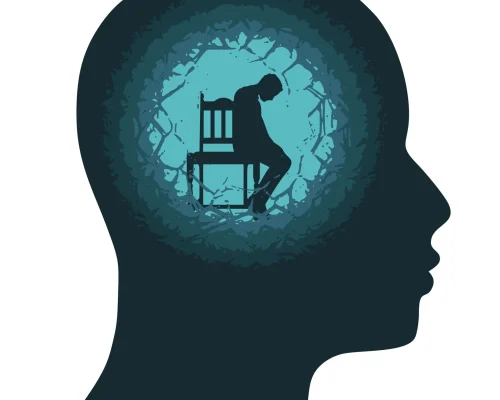Until you make the unconscious conscious, it will direct your life and you will call it fate
Carl Jung
Narcissistic
Personality Disorder
If your parent or partner can be cold, controlling or devaluing, be dismissive of you or your opinions, has rarely said sorry for anything, seems to be lacking in empathy, gives you the silent treatment which may go on for days or even weeks, if they lie a lot, or are manipulative and self-centred, if you get the feeling they think ‘it’s my way or the highway,’ if they are jealous and highly critical, if they are quick to anger and rage and if you feel you are never good enough – you may have a parent or partner with NPD.
A person with NPD can cause their partner and/or children to feel shamed, belittled and ignored and it can have serious effects on self-worth and self-esteem. A person who grows up with a parent with NPD may develop Complex PTSD, addictions, a panic disorder or anxiety or depression, amongst other outcomes.
The similarities in the psychological outcomes of a narcissistic family system and incarceration
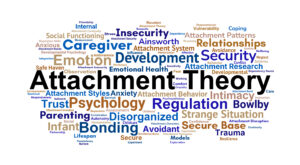
Attachment Styles and Narcissistic Personality Disorder
Attachment Theory Attachment theory deals with the relationship between the primary caregiver and their baby. Research has shown that attachment styles can be observed and

Archetypes – Aspects of Ourselves
The History of Archetypes The concept of archetypes can be found in the writings of Plato over 2,000 years ago. Plato’s concept was that eidos,
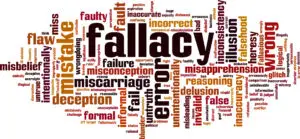
Logical Fallacies – Errors in Thinking
What is a Logical Fallacy? A logical fallacy can be described as flawed thinking: Logical = Something based on reason and good judgement Fallacy =
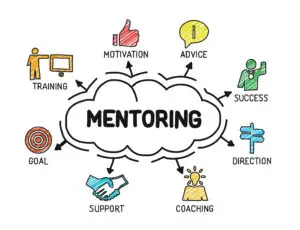
Guidance and Advice (Quotes)
Guidance, mentoring and advice is lacking when one comes from a narcissistic family. Please see the wisdom below from an emperor of Rome, poets, the

Cognitive Errors
A child who grows up in a narcissistic family will develop a distorted view of the world and themselves. This is their trauma bias. They

Workaholism / Keeping Busy
Workaholism and Keeping Busy (Part of the Abandonment Depression) A workaholic can be defined as a person who spends a majority of their time working

The Abandonment Depression
10,004 words, 60 minutes read time. The Abandonment Depression Adapted from ‘The Search for the Real Self’ by James F. Masterson If we have come

Society and the Denial of Trauma
Judith Herman is a psychiatrist and author who first proposed Complex PTSD as a separate diagnosis from PTSD. The excerpt below is from the book

The Role of The Scapegoat
Definitions of ‘Scapegoat’ Someone who is blamed or punished for another’s faults or actions. A person or thing that is blamed for something bad that

The Effects of Verbal Abuse
What is the definition of verbal abuse? Verbal abuse- noun.Very rude and offensive words spoken to another person.https://dictionary.cambridge.org/us/dictionary/english/verbal-abuse ‘I Only Got Shouted At’ Abuse takes

Was It That Bad? How Low-Key Abuse Has a Profound Effect
Was It That Bad? Many people who have grown up with a narcissistic parent often question whether their childhood was ‘that bad.’ They may know

The Trauma Bond
Many of us are familiar with the term ‘trauma bond,’ but what does it actually mean? How can we explain the feeling that many people
We are not what happened to us, we are what we wish to become
Carl Jung

NPD – Emotional Munchausen Syndrome by Proxy
What is Munchausen Syndrome by Proxy? MSBP is defined as a mental health problem in which a caregiver makes up or causes an illness or injury in a person under his or her care, such as a child, an elderly adult, or a person who has a disability. The aim of the person with MSBP appears to be to obtain attention, sympathy and in some cases, money. A parent with MSBP can cause their children to come physically close to death, or to actually die. How is a Parent with MSBP Similar to a Parent with NPD? Narcissistic Personality Disorder can be likened to Munchausen Syndrome by Proxy but with the difference that people with MSBP cause physical illness in others and people with NPD cause ‘mental illness’ in others. The similarity is in the intentional harming of a vulnerable other to meet their own needs. A parent with NPD

The Abandonment Depression
10,004 words, 60 minutes read time. The Abandonment Depression Adapted from ‘The Search for the Real Self’ by James F. Masterson If we have come from a narcissistic family, understanding the concept of the ‘abandonment depression’ is fundamental. The abandonment depression is at the heart of the driving forces behind many of our behaviours and understanding what it is can help to make sense of behaviours that can seem to be irrational in ourselves or others. The term ‘abandonment depression’ comes from James F. Masterson, M.D., a prominent American psychiatrist who helped to bring the study, understanding and treatment of personality disorders, especially narcissistic and borderline, into the mainstream. He wrote a number of books on the subject and one of these was the ‘The Search for the Real Self,’ which was written for the layman. Most of what is written below comes from ‘The Search for the Real Self,’

The Fear of Abandonment and Rejection
What is the Fear of Abandonment? A fear of abandonment is a deep-seated fear of being left by people that you are close to. This

Fear of the Self
How the Fear of the Self Develops A child of a narcissist will often develop a fear of their own self. Beliefs develop in the
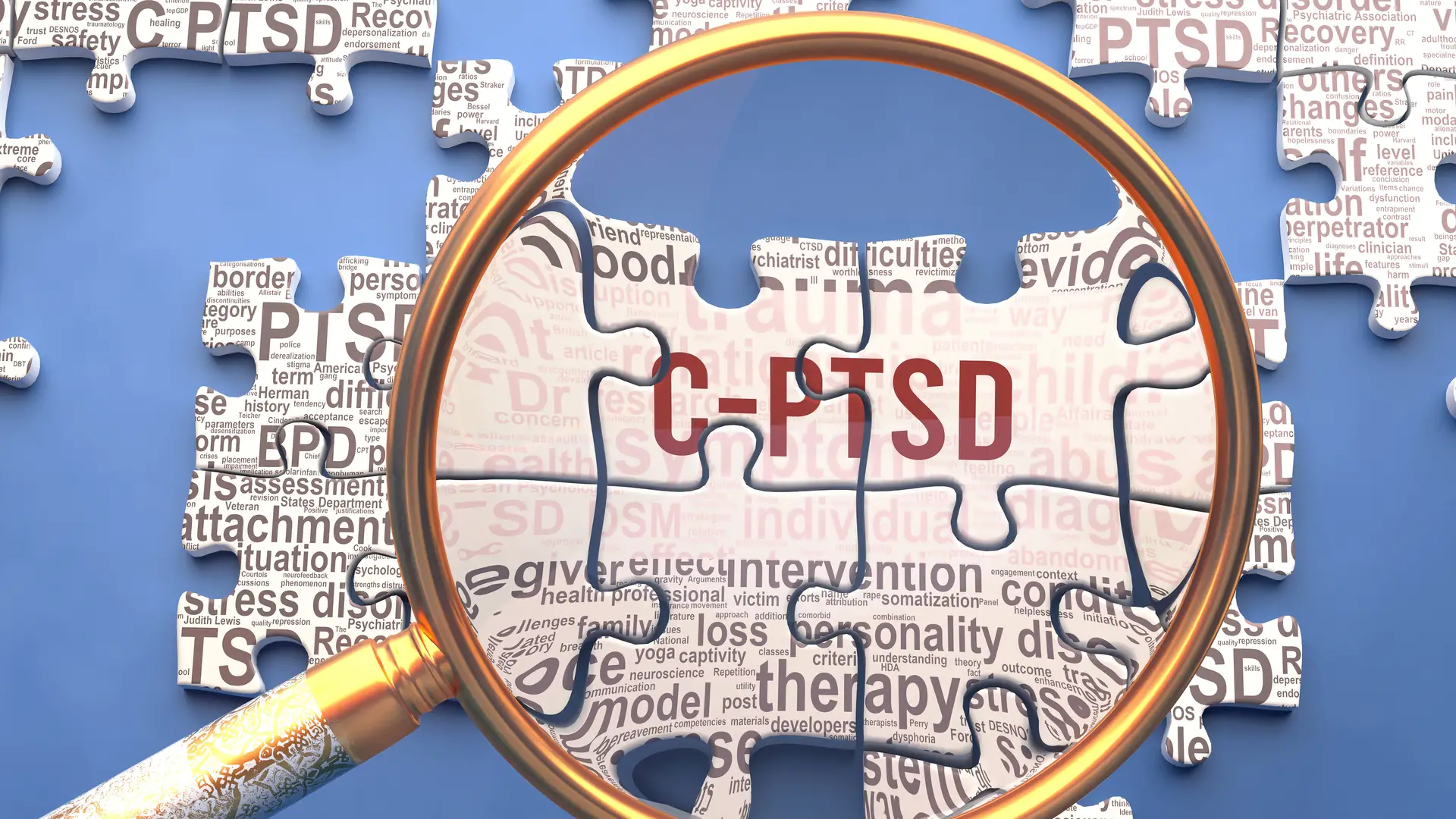
Complex Post Traumatic Stress Disorder
Complex Post Traumatic Stress Disorder How C-PTSD Develops Complex PTSD develops in response to chronic traumatisation over the course of months or years. The trauma

How Children are Affected by a Parent with NPD
There are many ways in which children are affected by narcissistic parents and these can include developing addictions, black and white thinking, C-PTSD, paranoia, people
A man likes to believe that he is the master of his soul. But as long as he is unable to control his moods and emotions, or to be conscious of the myriad secret ways in which unconscious factors insinuate themselves into his arrangements and decisions, he is certainly not his own master.
Carl Jung
Trauma Articles
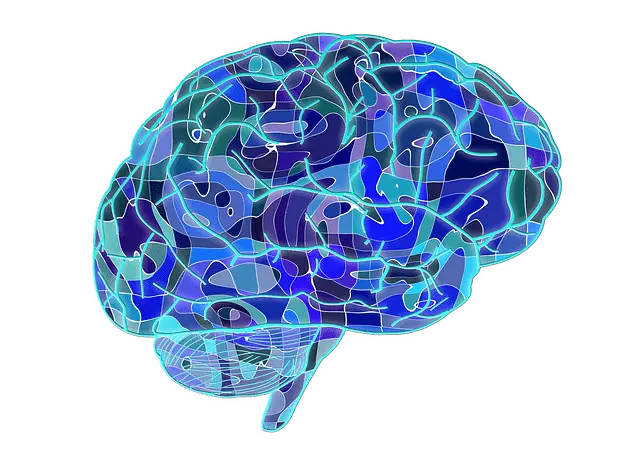
Adverse Childhood Experiences
Adverse Childhood Experiences A study was published in 1998 as a collaboration between the Centres for Disease Control and Prevention

Paranoia
Many children from abusive homes have lifelong issues with trust and very strong paranoid tendencies. This paranoia has served an

The International Trauma Questionnaire
Symptoms of PTSD and Complex PTSD The International Trauma Questionnaire focuses on defining whether a person has Post Traumatic Stress

Structural Dissociation
The Structural Dissociation Model Dissociation is on a spectrum ranging from daydreaming to DID (Dissociative Identity Disorder – formerly known
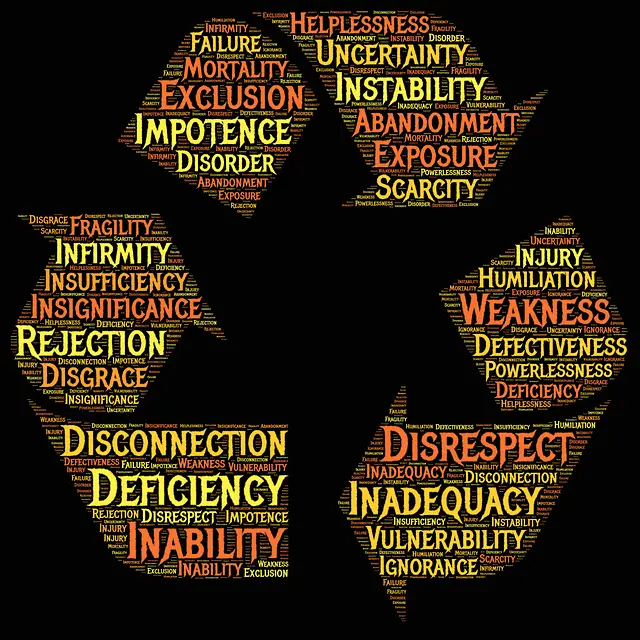
Symptoms of Trauma
Trauma survivors have symptoms of the trauma in their behaviours and thoughts, these are not their personality or character but
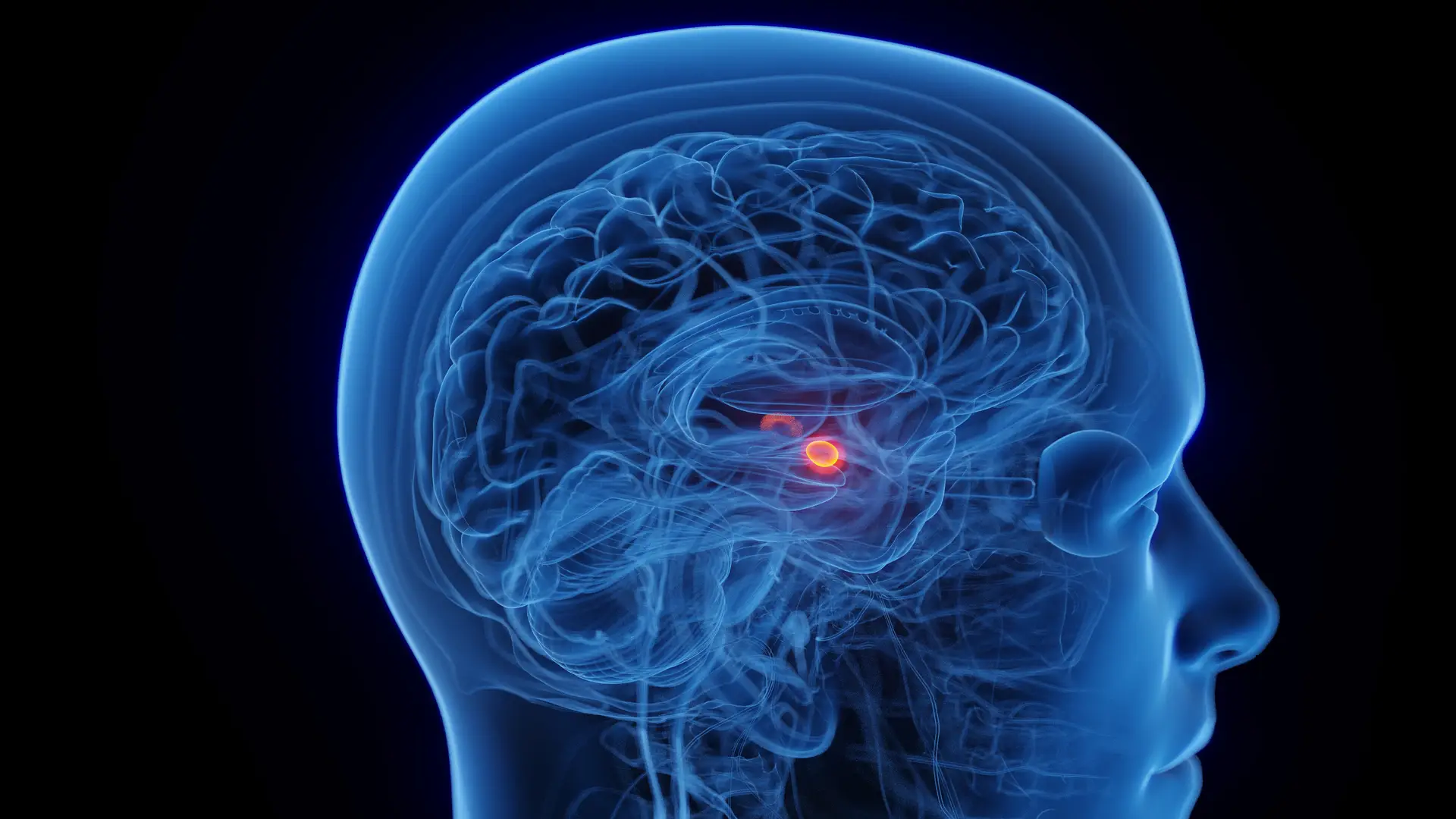
The Brain and Trauma
Swollen Amygdala A child living under traumatic conditions will develop a brain that is very biased to danger. This will
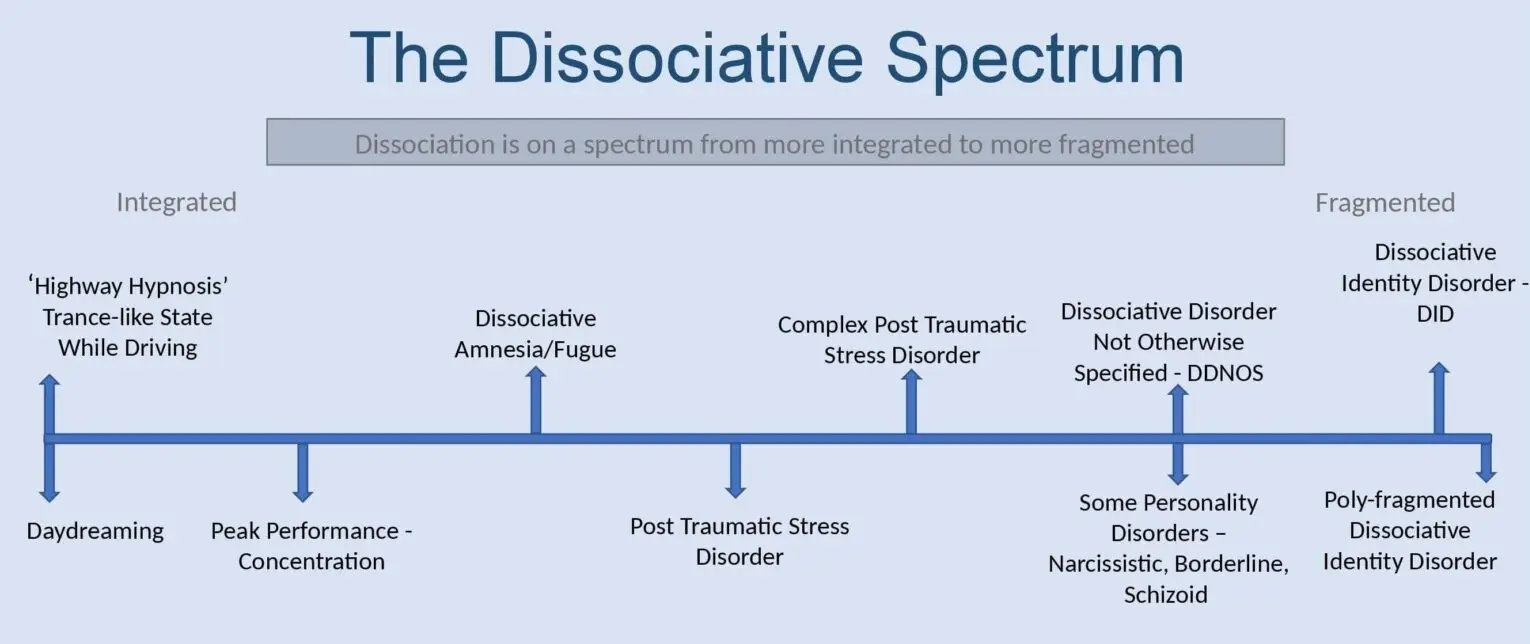
Trauma and Dissociation
Dissociation is on a spectrum. At one end we have normal dissociation such as daydreaming or going onto autopilot when

Complex Post Traumatic Stress Disorder
Complex Post Traumatic Stress Disorder How C-PTSD Develops Complex PTSD develops in response to chronic traumatisation over the course of
Children of Narcissists on YouTube
If you prefer audio – I read through some of these articles on my YouTube channel.
There are also a few videos which are not based on articles.

Please Contact Me For Any Enquiries or to Make an Appointment
Please complete the form below. I aim to reply within 2 business days.
Real liberation comes not from glossing over or repressing painful states of feeling, but only from experiencing them to the full.
― Carl Jung ―


